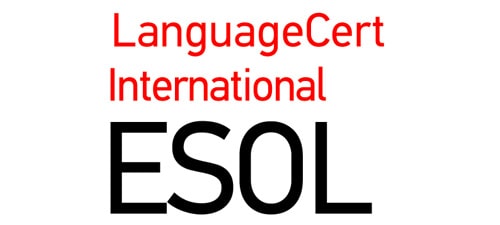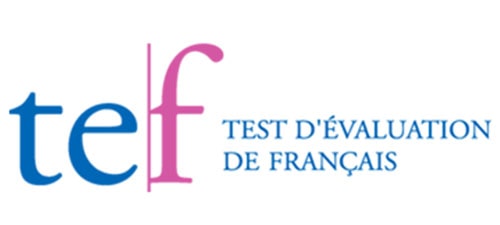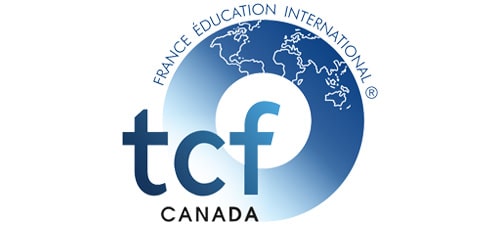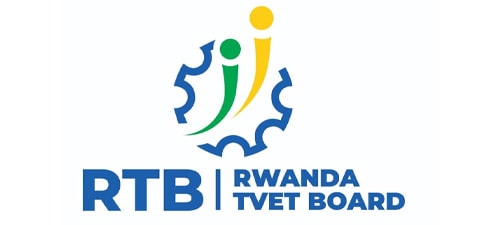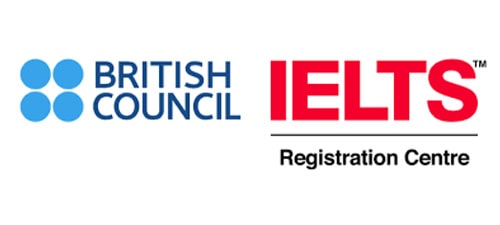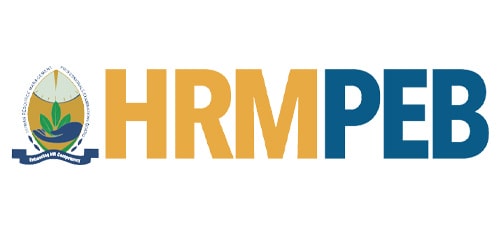

Description
This course is intended for students with little or no knowledge of Kiswahili. The course begins with basic lessons such as greetings and finishes up with lessons of self-expression in everyday life e.g. at grocery stores, at bank, at post office, making telephone calls etc.
Course Content
The main objective of the course is to develop the Kiswahili language abilities and skills of students in a linguistic, academic and social context to prepare them for life as a student in Rwanda. Students are initially given orientation to help them adapt to the life in Rwanda, lessons and exercises are designed to help students navigate real-life situations. Students are given intensive training in grammar, vocabulary and phrases through classroom lectures, exercises and activities. The course prepares students to
-
Be able to read, understand and reproduce texts.
-
Be able to listen and understand lectures and make notes.
-
Be able to speak about a particular topic.
-
Be able to produce well-written texts in a particular area of study.
-
Be able to use internet, books, journals and articles to gain more information about the topic of study.
Teaching Method
Teaching methods are based on the Community Based Contact model (also referred to as the Experimental Learning Model). The focus is placed on learning Swahili through practice and experience. Lessons are divided into four parts: communication, grammar, practice and cultural context. Levels of proficiency are treated as a continuum rather than as distinct stages. Students are evaluated at the start of the program, placed into the appropriate lesson and advance as their proficiency improves. Each lesson is complimented with out-of-class experiences such as going to the market, bank, cafés, using public transportation, etc
At the end of the course, students are to appear for an international ECL level B2 examination. The examination consists of three parts.
-
Oral communication – The speaking skills of students are tested by means of guided conversations with other students on a given topic. Students are also required to read aloud texts and answer questions asked by the interviewer. Students are assessed based on the formal accuracy, fluency, vocabulary, diction and effectiveness of communication.
-
Listening comprehension – This part of the exam involves students listening to conversations, and the understanding is tested with answers to certain questions about the conversation. The student must demonstrate ability to understand the whole idea provided in oral material on a wide range of topics which may involve up to four native speakers.
-
Written examination – This part of the examination is a test in grammar and lexicology. First task is writing an essay on a specific topic. The second is to read a text. Students are tested on the use of Kiswahili language by means of questions that require short or long descriptive answers, multiple choice questions, and questions that require ordering of answers.
Description
This course is intended for students with little or no knowledge of Kinyarwanda. The course begins with basic lessons such as greetings and finishes up with lessons of comprehensive self-expression in everyday life e.g. at grocery stores, at bank, at post office, making telephone calls etc.
Course Content
The main objective of the course is to develop the Kinyarwanda language abilities and skills of students in a linguistic, academic and social context to prepare them for life as a student in Rwanda. Students are initially given orientation to help them adapt to the life in Rwanda, lessons and exercises are designed to help students navigate real-life situations. Students are given intensive training in grammar, vocabulary and phrases through classroom lectures, exercises and activities. The course prepares students to
-
Be able to read, understand and reproduce texts.
-
Be able to listen and understand lectures and make notes.
-
Be able to speak about a particular topic.
-
Be able to produce well-written texts in a particular area of study.
-
Be able to use internet, books, journals and articles to gain more information about the topic of study.
Teaching Method
Teaching methods are based on the Community Based Contact model (also referred to as the Experimental Learning Model). The focus is placed on learning Kinyarwanda through practice and experience. Lessons are divided into four parts: communication, grammar, practice and cultural context. Levels of proficiency are treated as a continuum rather than as distinct stages. Students are evaluated at the start of the program, placed into the appropriate lesson and advance as their proficiency improves. Each lesson is complimented with out-of-class experiences such as going to the market, bank, cafés, using public transportation, etc
As a LanguageCert Approved Test Centre, we offer the next generation of English language qualifications, LanguageCert International ESOL. The LanguageCert International ESOL (English for Speakers of Other Languages) suite of qualifications is the ideal choice for anyone seeking to certify their English language skills with global recognition. These certifications evaluate all 4-skills and are fully mapped to the CEFR A1 to C2 levels. LanguageCert is an Awarding Organisation recognised by The Office of Qualifications and Examinations Regulation (Ofqual), while its LanguageCert International ESOL qualifications are regulated by Ofqual in the UK and recognised in many other countries around the world. LanguageCert’s team of internationally-acclaimed academics ensure the high quality and reliability of certification.
Why choose LanguageCert International ESOL exams?
-
Separate Written Exams (Listening, Reading, Writing) & Spoken Exams (Speaking), leading to two separate certificates. Exams can be taken together or separately.
-
Exams available in Paper and Computer-based
-
Focus on communication skills, i.e. little exam-specific preparation is required. Grammar & Vocabulary are integrated in the Listening, Reading & Writing sections and not examined separately.
-
Candidates examined individually during Speaking, so they can perform at their best.
-
Impartiality guarantee: the Spoken exam is conducted by a qualified Interlocutor, who does not do the assessment, which ensures impartiality.
-
Speaking re-marking available: the speaking session is recorded and marked by qualified LanguageCert Examiners at a later stage, while the recording also ensures possibility of re-marking.
-
Pass mark: 50% on average in the Written exam; 50% in the Spoken exam.
-
Fast results and certificates issuing:
-
Results & e-certificates up to 10 days after the exam
-
Hard-copy certificates shortly after results release
-
Life-long certificate validity
-
Certificate validity verification online at languagecert.org
-
24/7/365 excellent Customer Service
Qualifications in other languages
LanguageCert also assesses language skills in professional Spanish, in alliance with Cursos Internacionales de la Universidad de Salamanca, offering the LanguageCert USAL esPro tests, and in Turkish, in partnership with Ankara Üniversitesi TÖMER, LanguageCert AÜ TÖMER TürkYet.
About PeopleCert
PeopleCert is a global leader in the assessment and certification of professional and language skills, developing and managing globally recognised qualifications and delivering related standardised exams on behalf of governments, corporations, professional associations, educational institutions and other certification awarding bodies. PeopleCert delivers exams globally, through its state-of-the-art assessment technology, enabling professionals and learners to reach their full potential and realise their life ambitions.
PeopleCert today maintains certification programmes on behalf of a wide range of organisations, including the ECDL Foundation, AXELOS (joint venture between the UK Cabinet Office and Capita plc. for the Global Best Practice portfolio including ITIL® and PRINCE2®), the DevOps Institute and others.
www.peoplecert.org
Why choose LanguageCert International SELTs exams?
-
Separate Written Exams (Listening, Reading, Writing) & Spoken Exams (Speaking), leading to two separate certificates. Exams can be taken together or separately.
-
Exams available in Paper and Computer-based
-
Focus on communication skills, i.e. little exam-specific preparation is required. Grammar & Vocabulary are integrated in the Listening, Reading & Writing sections and not examined separately.
-
Candidates examined individually during Speaking, so they can perform at their best.
-
Impartiality guarantee: the Spoken exam is conducted by a qualified Interlocutor, who does not do the assessment, which ensures impartiality.
-
Speaking re-marking available: the speaking session is recorded and marked by qualified LanguageCert Examiners at a later stage, while the recording also ensures possibility of re-marking.
-
Pass mark: 50% on average in the Written exam; 50% in the Spoken exam.
-
Fast results and certificates issuing:
-
Results & e-certificates up to 10 days after the exam
-
Hard-copy certificates shortly after results release
-
Life-long certificate validity
-
Certificate validity verification online at languagecert.org
-
24/7/365 excellent Customer Service
Qualifications in other languages
LanguageCert also assesses language skills in professional Spanish, in alliance with Cursos Internacionales de la Universidad de Salamanca, offering the LanguageCert USAL esPro tests, and in Turkish, in partnership with Ankara Üniversitesi TÖMER, LanguageCert AÜ TÖMER TürkYet.
About PeopleCert
PeopleCert is a global leader in the assessment and certification of professional and language skills, developing and managing globally recognised qualifications and delivering related standardised exams on behalf of governments, corporations, professional associations, educational institutions and other certification awarding bodies. PeopleCert delivers exams globally, through its state-of-the-art assessment technology, enabling professionals and learners to reach their full potential and realise their life ambitions.
PeopleCert today maintains certification programmes on behalf of a wide range of organisations, including the ECDL Foundation, AXELOS (joint venture between the UK Cabinet Office and Capita plc. for the Global Best Practice portfolio including ITIL® and PRINCE2®), the DevOps Institute and others.
www.peoplecert.org

